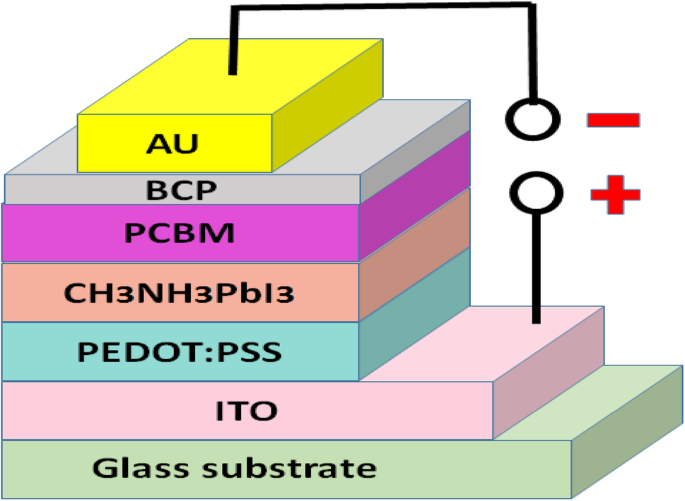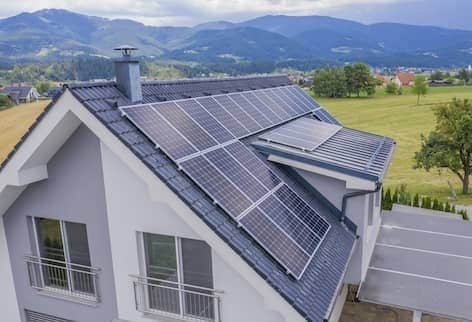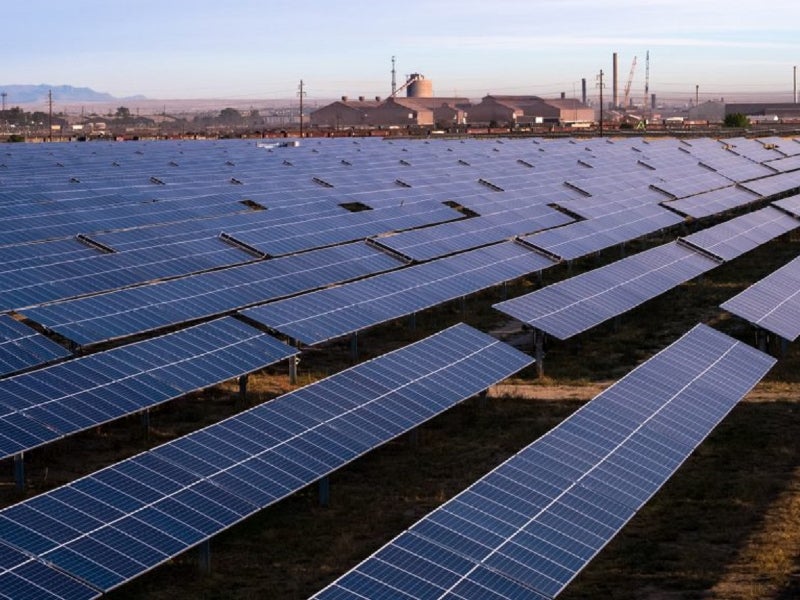
It doesn't really matter if you are looking to add solar panels to your home or install one, it's important that you know the dimensions. There are many sizes and types of solar panels. Choosing the right size will improve your energy production. Although there aren't any industry standards, panels can be as small or large as two inches in width and four inches in length for residential panels. Commercial panels can be 40 inches wide by 80 inches long.
The best and most efficient panels will come with a dual axis tracker to maximize solar power output. You should also consider the size and efficiency of your panels when selecting a system to fit your home. Your energy production can be affected by the size of your panels. But, sunlight exposure can also play a significant role.

Solar panels cannot be moved. The average person is about 190 lbs. Standing on a solar panel for long periods of time can cause damage to the panels and frames. A residential solar panel's average dimensions are 39 inches wide and 65 inches long. The size of a commercial solar panel can vary depending on your needs and budget.
Monocrystalline silicon, the most efficient material for solar panels, is used to make them. Monocrystalline silicon is a costly material, but it's well worth the investment. A monocrystalline solar panel is capable of enduring extreme temperature fluctuations, in addition to increasing solar power output. This is especially important during the summer months, when panels are exposed to temperatures upto 65 degrees C. It is best to contact your installer immediately if you suspect that your panels may be damaged. If you do, they will be able to evaluate your panels for damage and recommend the best repair solution.
The largest solar panel sizes are the most expensive, and are usually mounted on boats, motorhomes and other large vehicles. You should also consider where your panels will be placed. Depending on your location, you might want to consider moving the panels from the original intended site. In a warm climate, for example, it might be a good idea to mount the panels on a roof rather than a deck. You should also consider the ramifications of installing solar panels on an uneven surface. Solar panels can heat up if they are mounted on an uneven roof.

For the best results, check the specifications for your panels before you buy them. A good place to start is the manufacturer's website. It is a good idea for your panels to be examined by an electrician at least once each year. If your panels are in need of repair, your homeowner's insurance may cover the cost.